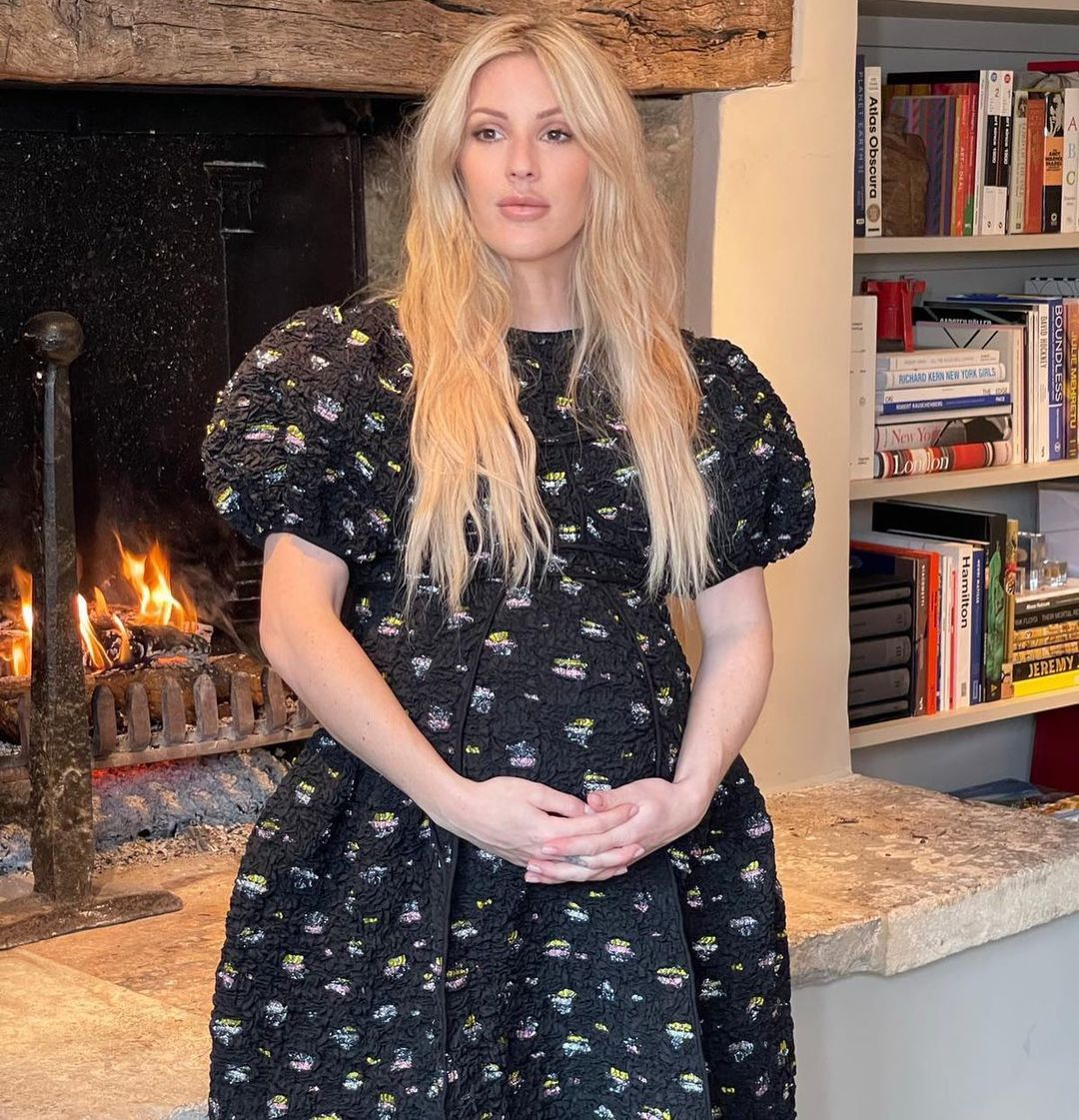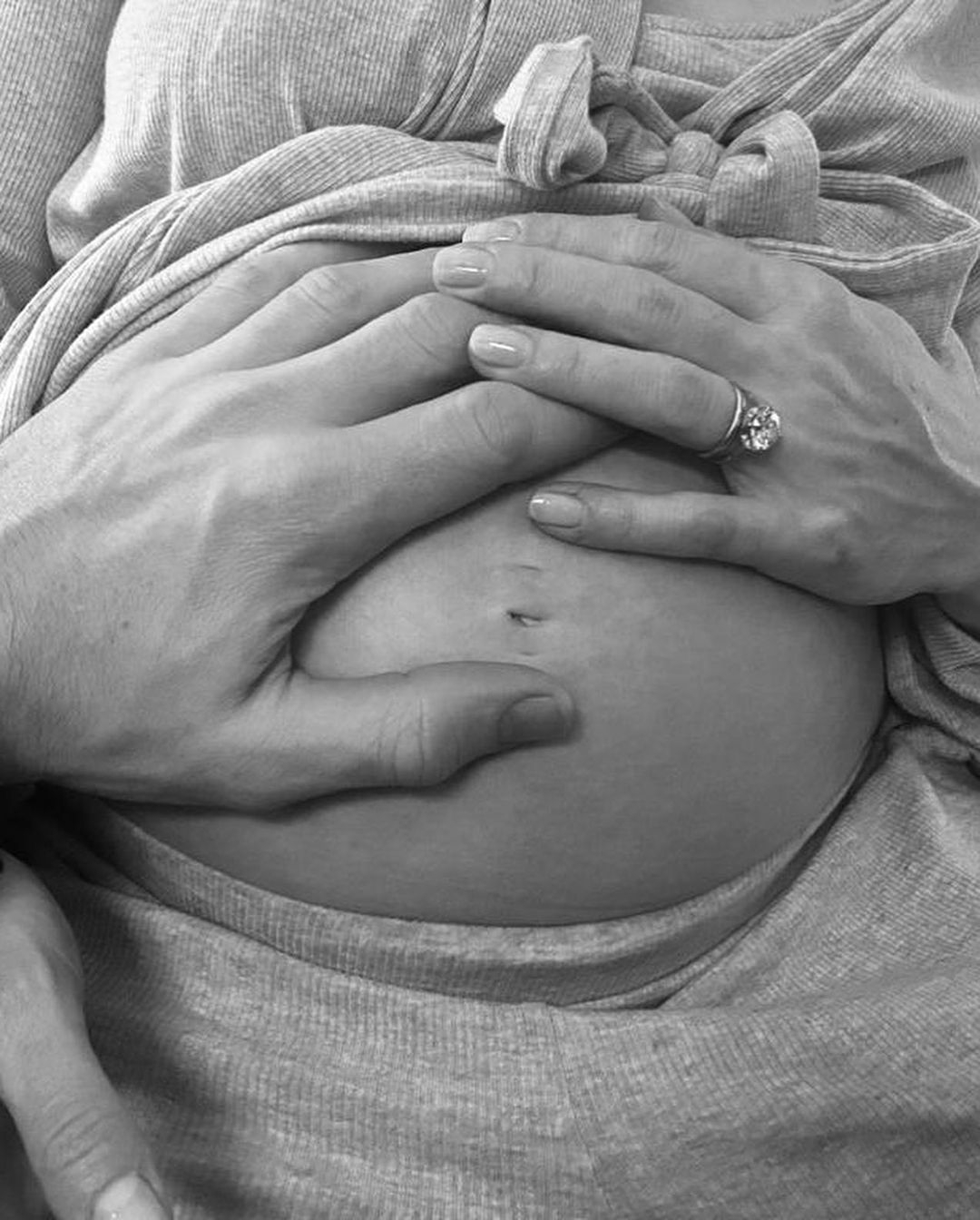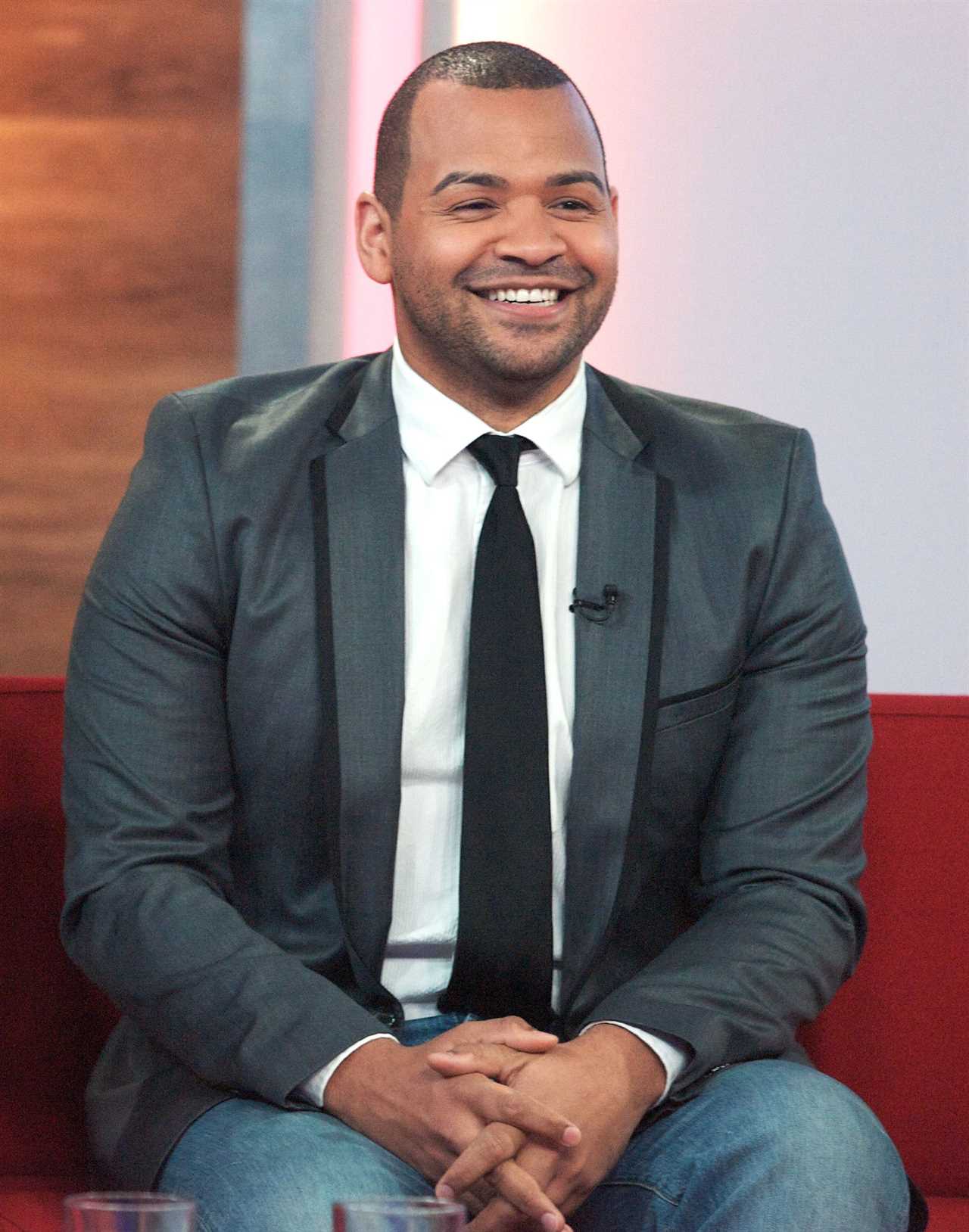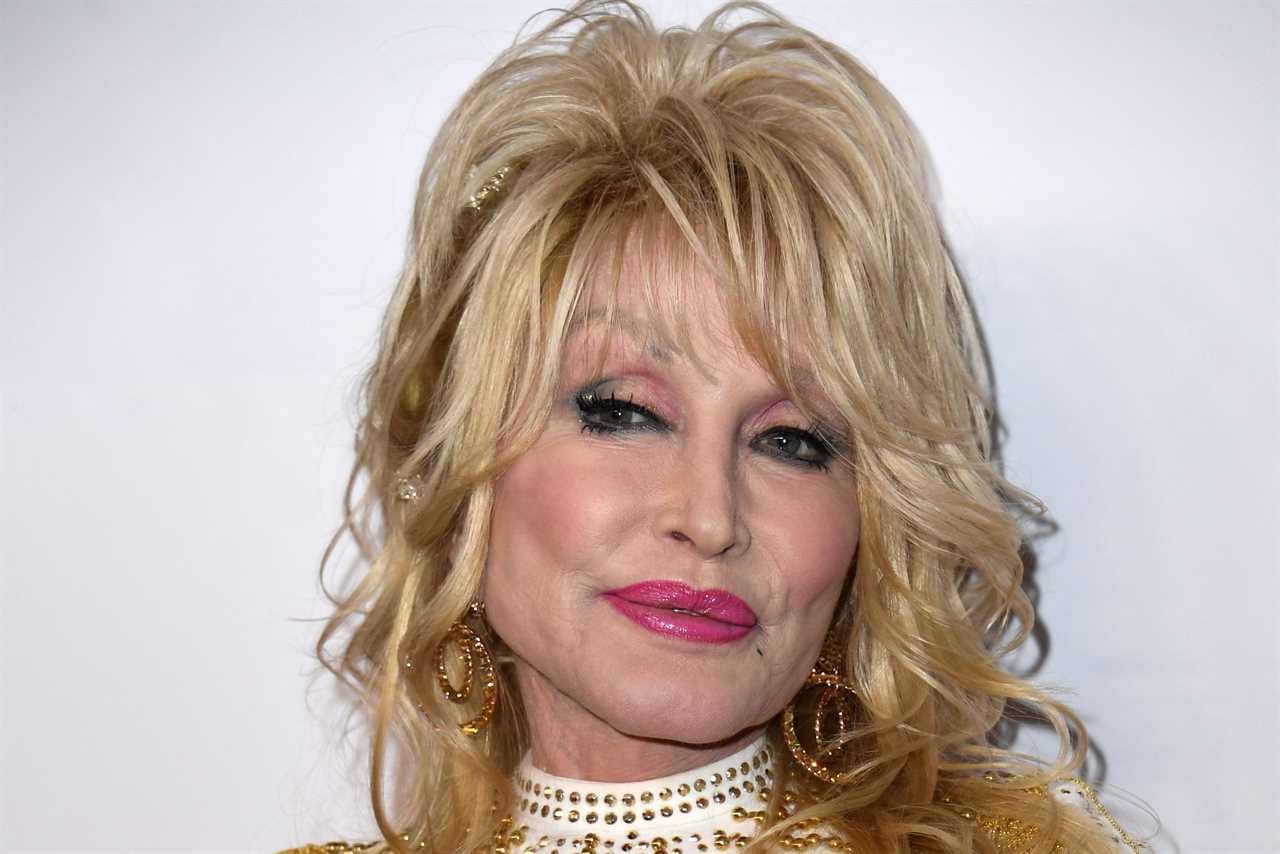I HAVE always likened becoming a new family member by virtue of marriage or courtship to being the new girl at school.
You know that everyone around you is connected by years and experience; bonded by affection and proximity and, in the case of families, bound by blood and fortified by unity and a common identity.
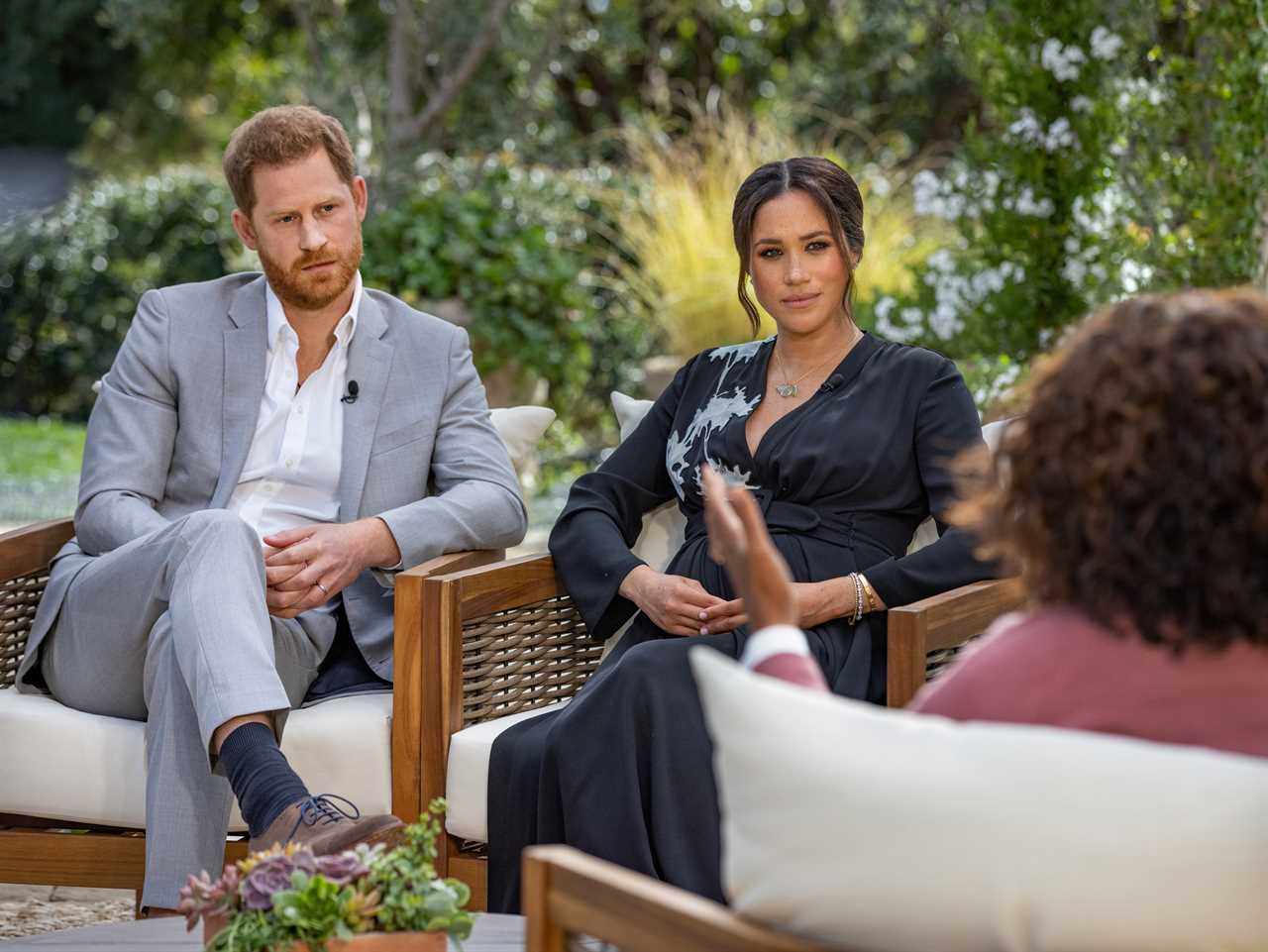
Everyone has already established their feet under the table and you are observed and assessed and . . . judged.
So I can well imagine how intimidating it might have felt for Meghan Markle to enrol in the most famous family in the world.
While I never got as far as joining it (I stopped short of a bit of rough and tumble under the covers with Prince Edward), I have had to join a couple of other units over the past 30 years through my marriages.
And I don’t mind admitting that a very large part of the reason I married my first husband, John Turnbull, aged 23, was because I loved his parents so much.
As a child from a broken home and a somewhat dishevelled childhood, his family represented harmony and integrity in the purest form and I was truly hoping some of it would rub off on me.
I adored them. But I also recall on one of our first meetings that it was spelled out to me — in no uncertain terms — that, the word “divorce” did not exist in their family.
As a child of divorced parents I gulped and, many years down the line, perhaps inevitably, I messed up the marriage and let that word leave an indelible mark on their clan.
At the time, I burnt with shame at what I had done to them.
The process of naturalising into a new family is tricky territory, loaded with tradition and attitudes which require quick learning.
I was always desperate to be liked and I don’t think it’s too wild a guess that, as an actress, Meghan would also have been keen to make a great impression.
I, for one, wanted to know as much detail as possible about my in-laws in advance of meeting them, so I’m utterly perplexed by Meghan’s claim that she knew nothing about the Royal Family.
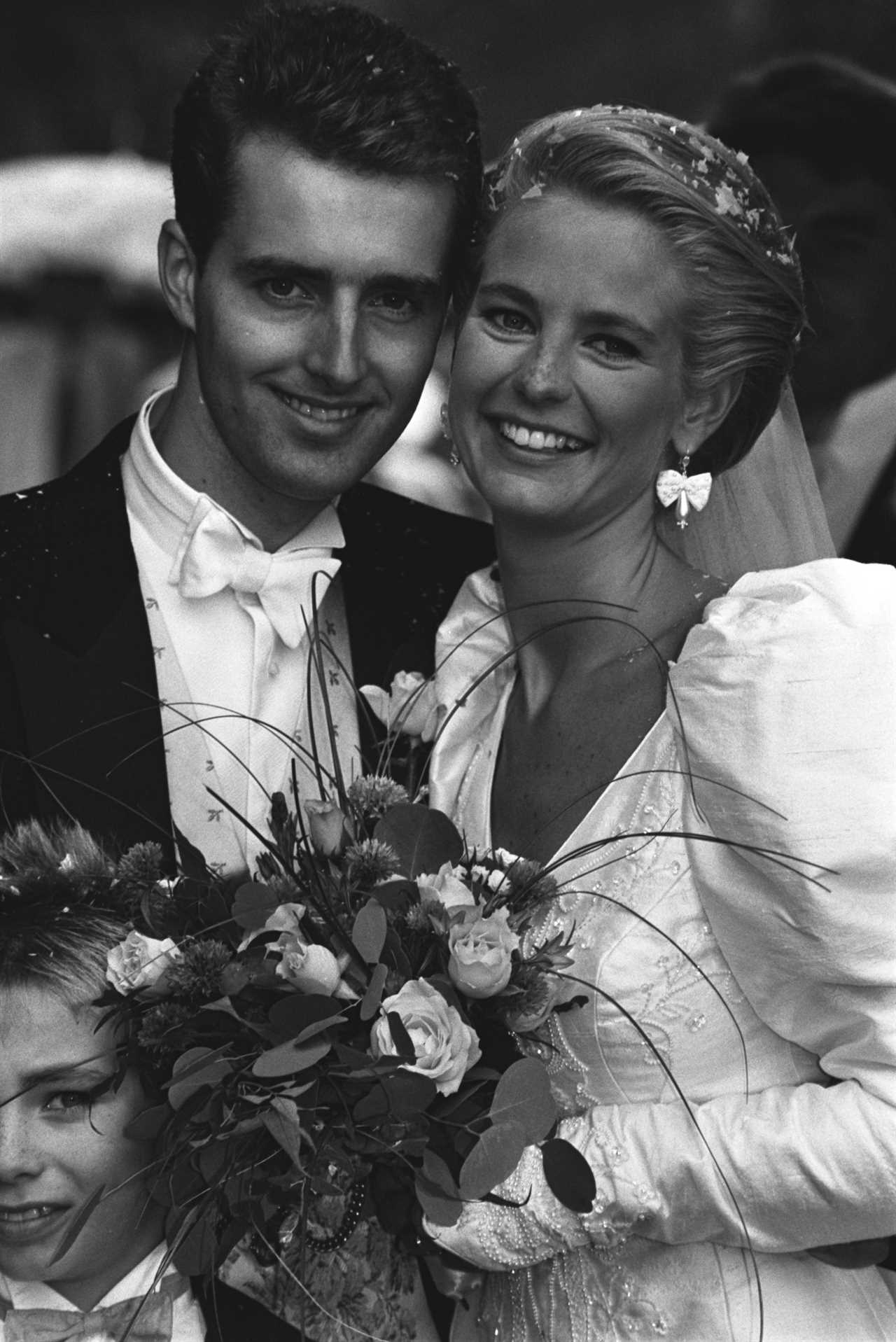
Even before the days of Googling, I posed my own questions, delved into detail, made assessments — all in the interest of familial research.
You want to be prepared — you don’t want to step out of line or put your foot in your mouth. At least not at the first meet.
Before my second marriage, I was introduced to my next set of in-laws and extended family. They shared a remarkable, almost intimidating bond.
I’m not sure I’ve witnessed one as strong and it felt impossible to try to penetrate this robust household circle. But on one occasion, my father-in-law (a former General in the British Army and a dear, dear man) came over to me and asked if they, the family, “were a bit too much”.
And the fact that he took the trouble to acknowledge it gave me a greater sense of belonging.
I’m just going to throw this out there: I’m wondering if — and I’m in danger of generalisation here — because Meghan came from a broken, disjointed background, in-laws and family were perhaps not as integral to her as they might be for others.
For me, it was crucial because I was young and felt so fractured, with no sense of belonging, that I craved it. But Meghan was a well-established, mature, self-assured woman who perhaps felt a bit more indifferent.
I’m pretty sure I nodded, agreed more than I should have back in those days, moulding my opinions to fit the in-laws.
On account of wanting to make an impression I would wear the right, respectable thing, speak in my best voice and attempt to not get paralytic at the first lunch.
If it happened today, I would be considerably more relaxed and willing to show my true self.
In fact, in my third marriage I only had to meet the father-in-law as the mother had passed away.
He felt deeply threatened by my presence and, despite going above and beyond, I still did not succeed in placating him, I told him what I really thought about him (privately, not on global TV) — and didn’t mince my words.
He chose to never speak to my ex-husband ever again. He took his silence and bitterness to his grave but my ex felt I’d done the right thing.
Which brings us to the fact that “the blood of the covenant is thicker than the water of the womb” — often incorrectly interpreted as blood relations being bonded more powerfully than those not related, when, in fact, the opposite is true.
And that is certainly the case with Harry and Meghan because he made a very firm choice in his wife over his family.
That may be as it should be but falling out with the in-laws and greater family is painful and not without consequence. Especially when there are children involved.
I’ve stayed in touch with my former in-laws because I wanted to retain the relationship despite the fact that my marriages expired.
It seems wholly unnecessary to make the grandchildren part of the collateral damage.
HM The Queen clearly agrees with me on this as she reached out with her statement full of love and understanding — considerably more generous than she needed to be.
No end for Naz ordeal
I HAVE been following the painful story of Nazanin Zaghari-Ratcliffe’s problematic, calculated and cruel incarceration in Iran on spying charges, which she denies.
I would never have believed that, five years on, she would still be in Tehran and her dignified, loyal husband, Richard, over here.
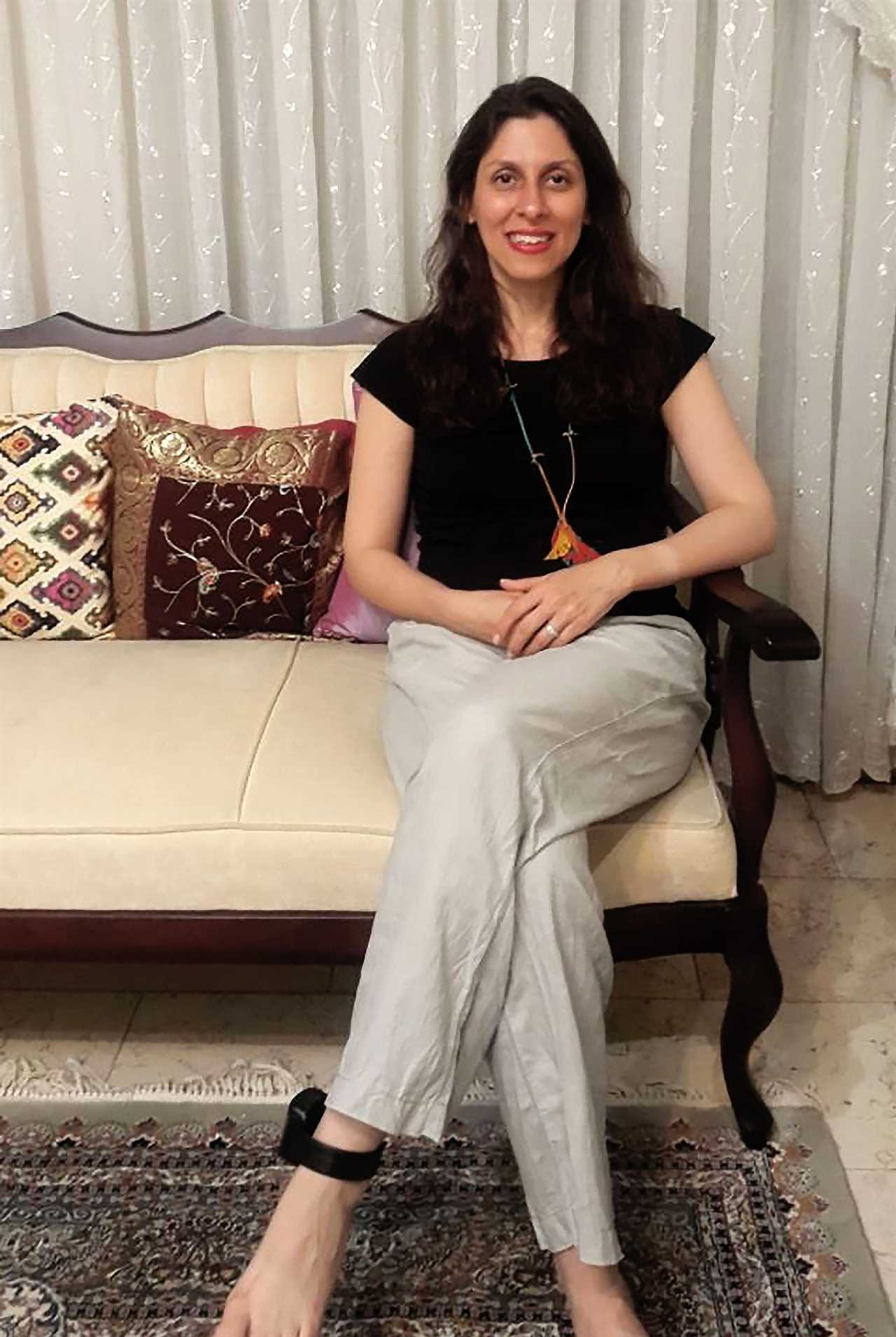
The toll on this poor woman’s mental and physical health, I worry, will be irreparable. And, of course, a huge part of the collateral damage is their darling daughter, Gabriella.
Nazanin may now have been released from house arrest but she is expected back in court imminently on new charges in this monstrous game of absolute mental torture.
Foreign Secretary Dominic Raab waving his fist in the direction of Iran and saying things in “the strongest possible terms” has never really cut it, and I don’t know how long he expects the situation to go on.

